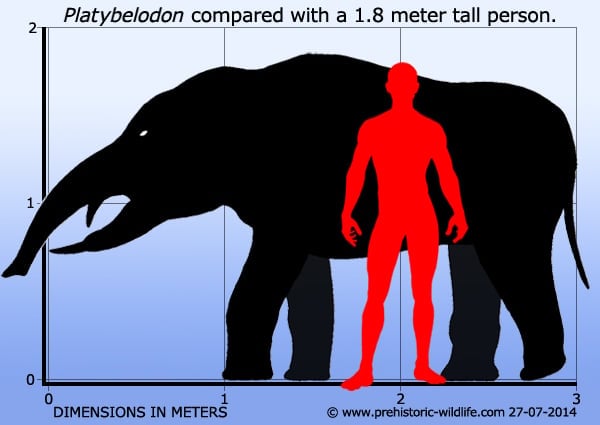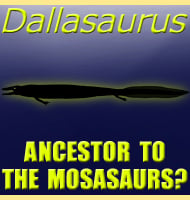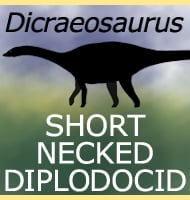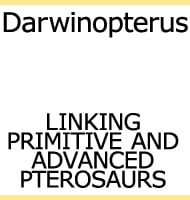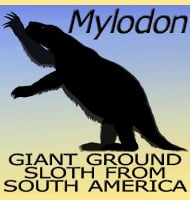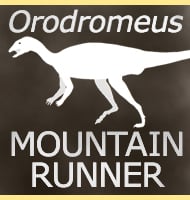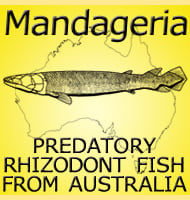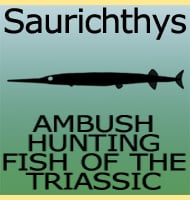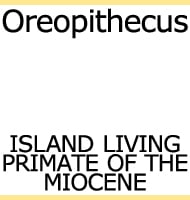In Depth
A relative to other gomphothere elephants like Gomphotherium and Ambelodon, Platybelodon also had a pair of forward facing tusks in the lower jaw that were shaped into a form of shovel-like structure. Like with its relatives, it is believed that Platybelodon used these tusks as feeding aids for uprooting plants and stripping bark.
Further Reading
- The feeding habits of the shovel-tusked gomphotheres (Mammalia, Proboscidea, Gomphotheriidae): Evidence from tusk wear patterns, W. D. Lambert - 1992. – The gomphotheriid mammal Platybelodon from the Middle Miocene of Linxia Basin, Gansu, China. – Acta Palaeontologica Polonica 58 (2) p221-240. – Shiqi Wang, Wen He & Shanqin Chen – 2013. – Paleobiological implications of new material of Platybelodon danovi from the Dingjiaergou Fauna, western China – ShiQi Wang & Jie Ye – 2014. – An examination of the dietary habits of Platybelodon grangeri from the Linxia Basin of China: Evidence from dental microwear of molar teeth and tusks. – Palaeogeography, Palaeoclimatology, Palaeoecology. 457: 109–116. – Gina Semprebon, Deng Tao, Jelena Hasjanova & Nikos Solounias – 2016.
